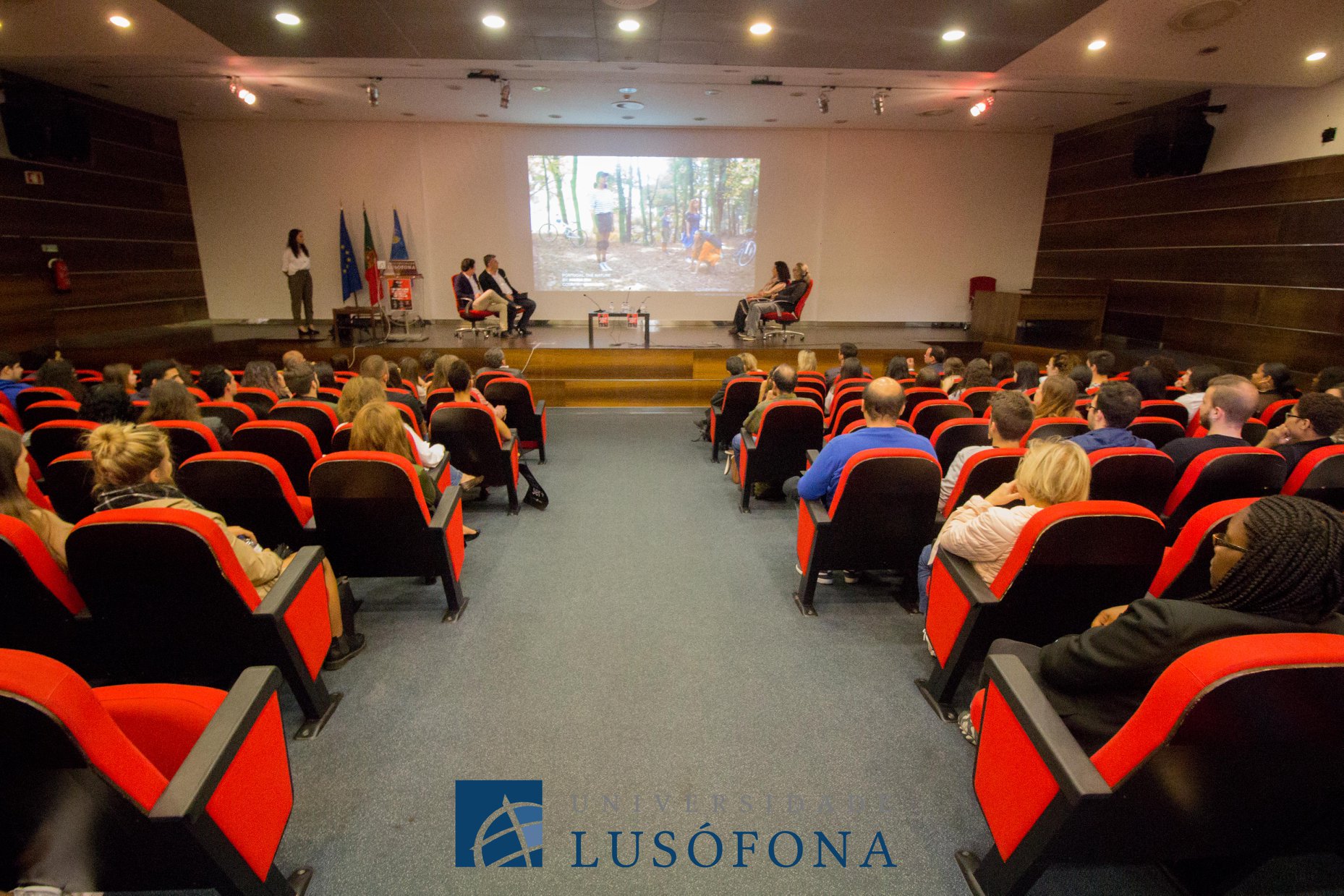Students’ Reflections on Personal Brands & Stories III

It’s not just what you learn, but how you learn.
This quote is the perfect teaser to introduce today’s topic: the rapid transformation of educational models. Since the COVID-19 pandemic disrupted our lives, academic institutions have been forced to shift their teaching method from fully-in-person to online-based experiences. Now, beyond the initial logistical hurdles of making this transition work, there was the added challenge of delivering a high-quality learning experience. As a result, schools and universities had no choice but to adopt innovative tools to maintain student engagement, curiosity, and knowledge retention.
On top of that, with the ever-present risk of boredom and distraction (we all know how tempting phones can be), many scholars have argued that one effective way to engage students in online learning is by incorporating “entertaining methods” such as artificial intelligence and gamification. These tools may certainly be beneficial across various fields – particularly those dealing with complex or highly technical subjects –, but I don’t believe that’s the case for my course. You can call me conservative or old-fashioned – I don’t mind –, but I believe there’s nothing more effective for truly absorbing knowledge than having students read and write. That’s it: plain and simple.
So, when designing my course’s structure and methodology, I included an online discussion forum as part of the pre-work for our live sessions. After engaging with selected materials, participants could use the forum to share their thoughts on a given topic. This approach not only fostered critical thinking and personal reflection, but also encouraged communication among peers, as they could read and respond to one another’s contribution. In the end, the Personal Branding & Storytelling workshop offered a blended learning experience that combined individual thought with collaborative dialogue.
Dear Storyteller, as a result of this process, I am thrilled to share with you Part III of Student’s Reflections on Personal Brands & Stories. I hope you enjoy reading them as much as I’ve enjoyed witnessing their growth.
Discussion topic:
Who's the best storyteller you know, and why? What makes them so engaging when telling a story? Can be someone closer to you (family, friends, etc.) or a well-known personality.
Testimonial #1
“In my opinion, my grandfather is one of the greatest storytellers out there. Not because he has interesting stories to tell, even though this is of course true, but rather how he tells a story. He is a painter with words. Just as an artist spends hours adding details to their art, my grandfather tells stories with such detail and enthusiasm, that you can’t help but get ensnared in his story, as if you were actually there with him. The details of the story stick with you, to such a degree that you’re not only listening to the story, but feeling it, partaking in it, living it.”
Testimonial #2
“The best storyteller I know is my father. He was born into a really poor family in the country side of South Brazil and had 13 brothers and sisters. It took him a great effort and sacrifice to go to university and to improve his life and of all his family. Nowadays, he is a successful entrepreneur and loves to tell stories about his life. He draws attention from everyone in the room and people feel inspired by his words. I think he’s a great storyteller because he is capable of inspiring someone with just a few minutes of talk. In my opinion, he’s so engaging because he is passionate about his story and knows exactly what to say, in the right timing and with the right amount of emotion in his words.”
Testimonial #3
“The best storyteller I know is my uncle because of the way he manages to engage people in a story. He will not just tell you what happened, he will describe the environment in detail, tell you about how he felt and somehow you just get immersed in the story before you know it. He is also very expressive, so not only are you captivated by his story but also by his emotions, facial expressions and gestures. It’s impressive because I feel like everyone is listening when he’s talking, it’s just really tangible and relatable, you feel like you were actually there and you know the person/people he’s talking about.”
These reflections remind us that storytelling isn’t just about content – it’s about connection. Whether it’s a grandfather painting with words, a father inspiring through lived experience, or an uncle captivating with expression, each story shared here reveals something deeper: the storyteller’s presence, passion, and purpose.
Now it’s your turn. Who’s the best storyteller you know, and why? What makes their stories linger in your memory? Is it their voice, their vulnerability, their humor, or something else entirely?
Feel free to reflect, comment, or even share your own story. Because the more we tell, the more we understand each other.
By the way, if you’re interested in more testimonials, you can read the previous article here.
P.S. Before publishing any reflection, I always obtain the student’s permission to share their individual testimonial, ensuring complete anonymity. Under these terms, no personal data is ever disclosed.
Disclaimer: The views and opinions expressed in this blog series – Students’ Reflections on Personal Brands & Stories – are solely those of the contributing students, and do not necessarily reflect my own. As such, I, Tomás Varela Pinto, cannot be held responsible for their content.






Comentários recentes